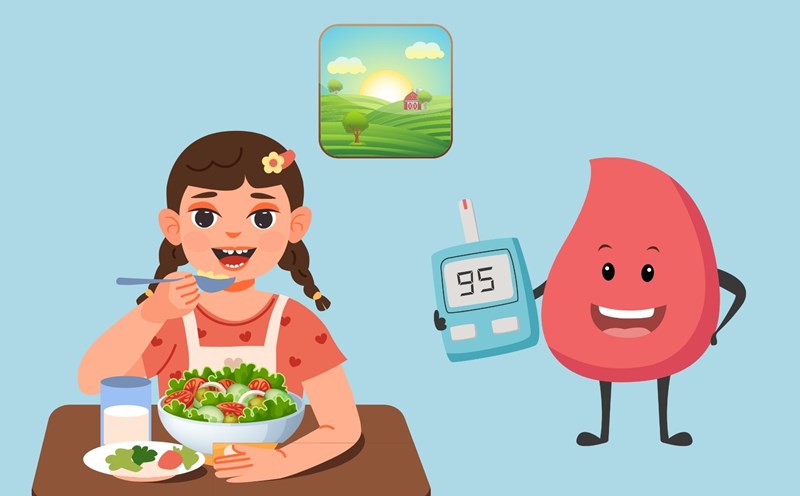Many people believe that breakfast is a "for- themselves" meal because it provides energy after a long sleep, helps the spirit to be alert, focus on working effectively and reduces cravings during the day. Therefore, despite being busy, many housewives have tried to arrange time to prepare breakfast for all family members.
After a long time, from 1012 hours at night, without taking in more food, the body falls into a state of mild lack of energy. Therefore, eating breakfast helps to fuel the brain and muscles to function. Maintaining stable blood sugar, reducing lethargy and dizziness, especially in people with a high habit of concentration or hard work.
Eating a full breakfast will reduce the need for unhealthy snacking in the afternoon and evening. Thereby supporting weight control. Many studies have also shown that people who eat a full breakfast tend to maintain a more stable glycemic index, blood fat and blood pressure than those who regularly skip meals.
But breakfast will no longer be important if you only eat breakfast but ignore lunch and dinner. The adult body needs an average of 1,600 - 2,000 kcal per day, divided into three main meals, each meal about 500 - 600 kcal. If you focus too much on breakfast, that is, eat a lot, then cut down on lunch and dinner too much, it will cause nutritional imbalance. This will lead to an energy deficiency in the afternoon and evening when the body still needs to be active, study or work.
Breakfast is important, but cannot replace the role of the other two meals. Remember, whether it is breakfast, lunch or dinner, you must still eat enough and balance 4 groups of nutrients, including sugar powder, protein, fat, vitamins and minerals. In addition, you need to eat on time, not leave it hungry for too long.











